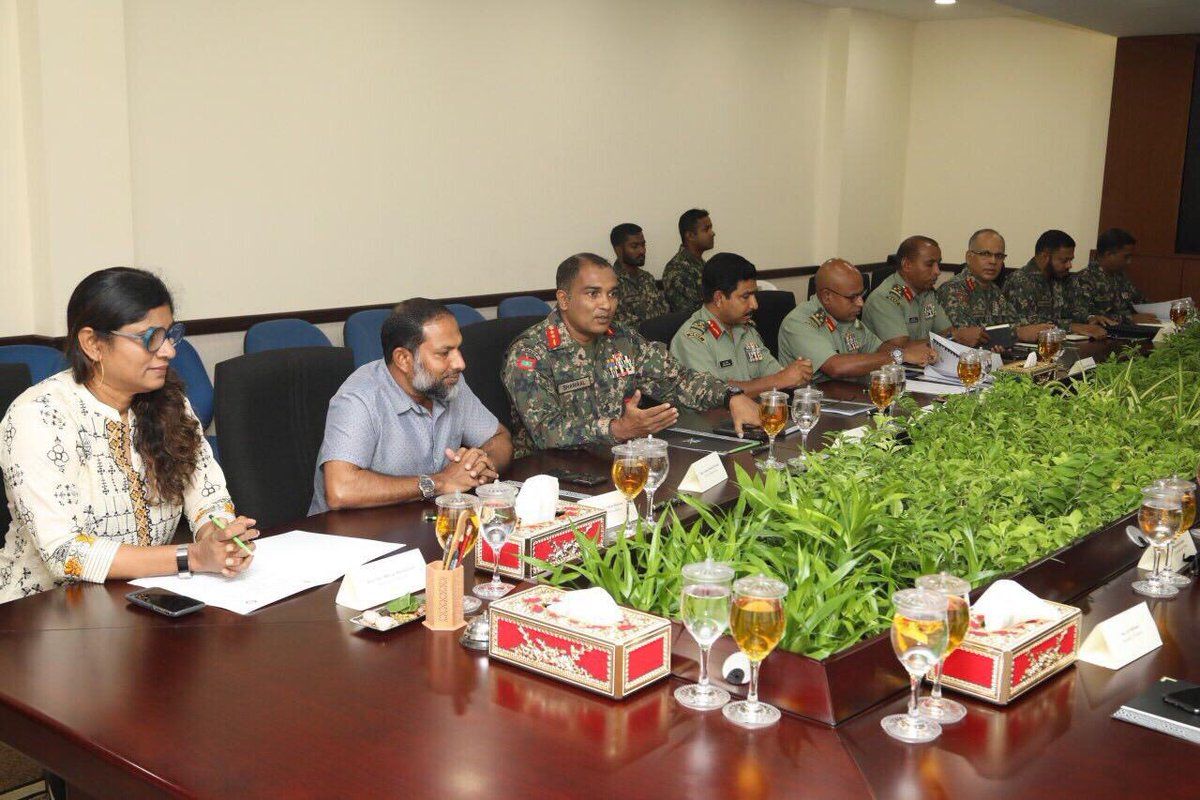No imminent terror threat to Maldives
Former president Nasheed has called for thorough screening of foreign preachers.

12 May 2019, 09:00
There is “no specific or imminent terrorist threat” facing the Maldives in the wake of the deadly Easter Sunday suicide bombings in neighbouring Sri Lanka, Defence Minister Mariya Ahmed Didi told Indian media on Thursday.
“However, in today’s world, we can never really entirely rule out the possibility of one,” she said in an interview with The Hindu.
The security forces conducted an emergency response exercise last week “in the interest of vigilance” and border security was heightened.
The terror attacks in Sri Lanka was “of extreme concern to the Maldives,” she added.
Become a member
Get full access to our archive and personalise your experience.
Already a member?
Discussion
No comments yet. Be the first to share your thoughts!
No comments yet. Be the first to join the conversation!
Join the Conversation
Sign in to share your thoughts under an alias and take part in the discussion. Independent journalism thrives on open, respectful debate — your voice matters.




